Invasion of Ukraine closed factory, but babywear brand survived
Paulina Krzywosińska was awaiting completion of her babywear brand’s summer collection when the factory where it was being manufactured, in west Ukraine, was closed by the Russian invasion in February 2022.
“Of course we thought about the people’s safety first but in the back of our heads we were thinking, ‘Oh my god, we thought we were about to see our summer stuff and it’s not going to come’,” recalled Krzywosińska, 43, who moved to the UK from Poland in 2004 and started the company, called Organic Zoo, in 2010.
She said the factory owners called her straight away to explain the closure “and reassured us that whatever happened, they would be very frank and transparent. They understood how we were feeling but they had bigger fish to fry. They had to build the bomb shelters to make sure that people were safe.”
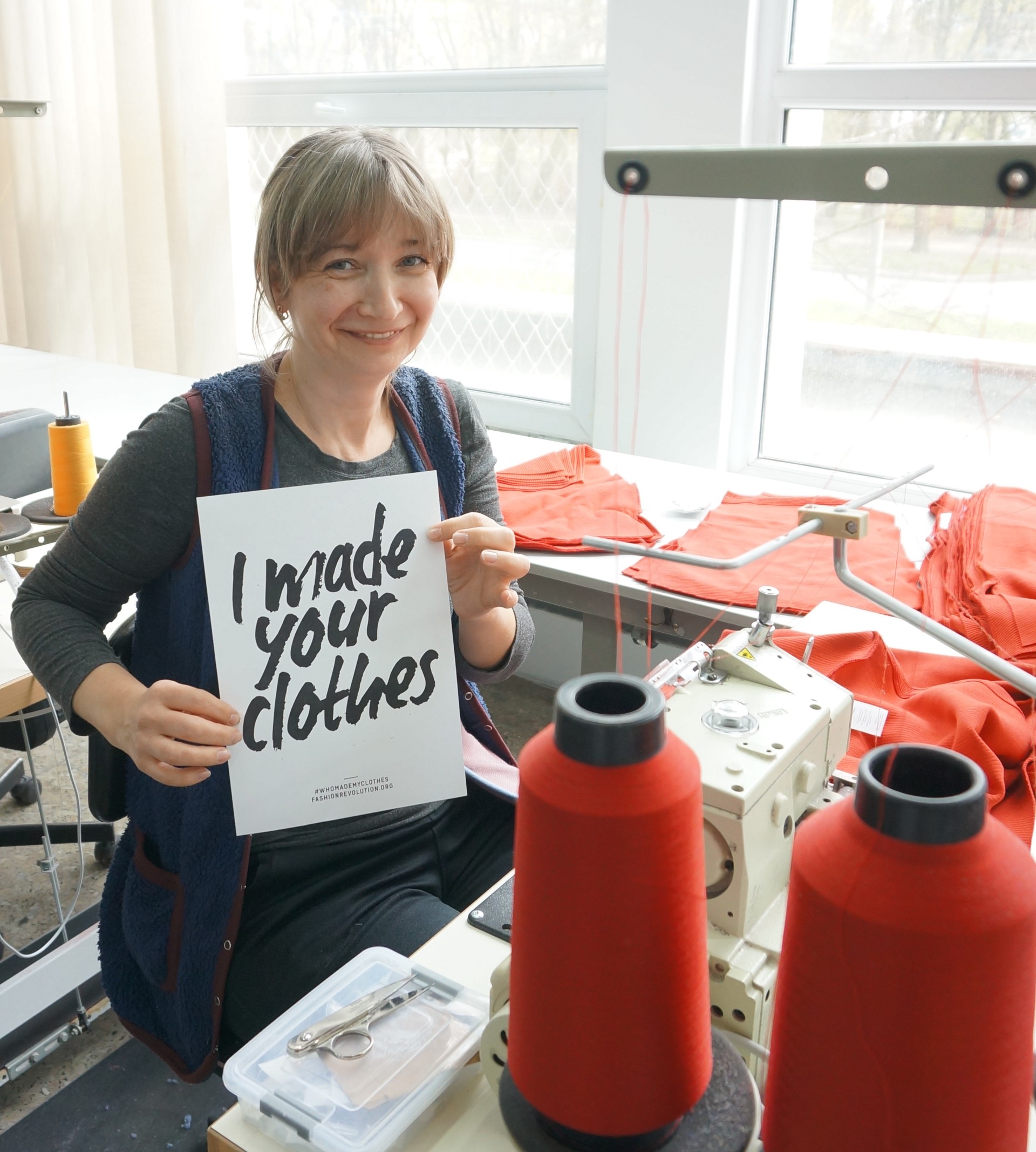
It was an important modification to the factory. Krzywosińska said that when the factory in Lviv reopened two weeks later, “very often” sirens would sound and factory workers would “have to leave everything halfway done and head to the bomb shelters”. The nearest bombings were less than two kilometres away, she added.
Further delays were caused by interruptions to the electricity supply. “One day the electricity would be [on] from eight in the morning until twelve, and then the next day it would be from seven until ten in the evening. And the workers were wonderful, they would say, ‘We don’t mind coming in the evening’.”
Brighton-based Organic Zoo’s summer collection finally arrived at the end of April, two months later than planned, but Krzywosińska said the brand’s stockists, which include Selfridges and Harrods, were “so supportive. They were like, ‘We understand, and we will wait’.” Some of Organic Zoo’s best-sellers include its “Midnight” collection of organic cotton T-shirts, dresses and romper suits which sell for between £28 and £50.
Not all of the factory’s customers were so understanding, said Krzywosińska. “They lost a lot of customers because brands moved away from them. But for us the experience was even more bonding as a partnership. They really need the work — they still need to feed their families, but they also need to forget a little bit of what’s going on.”
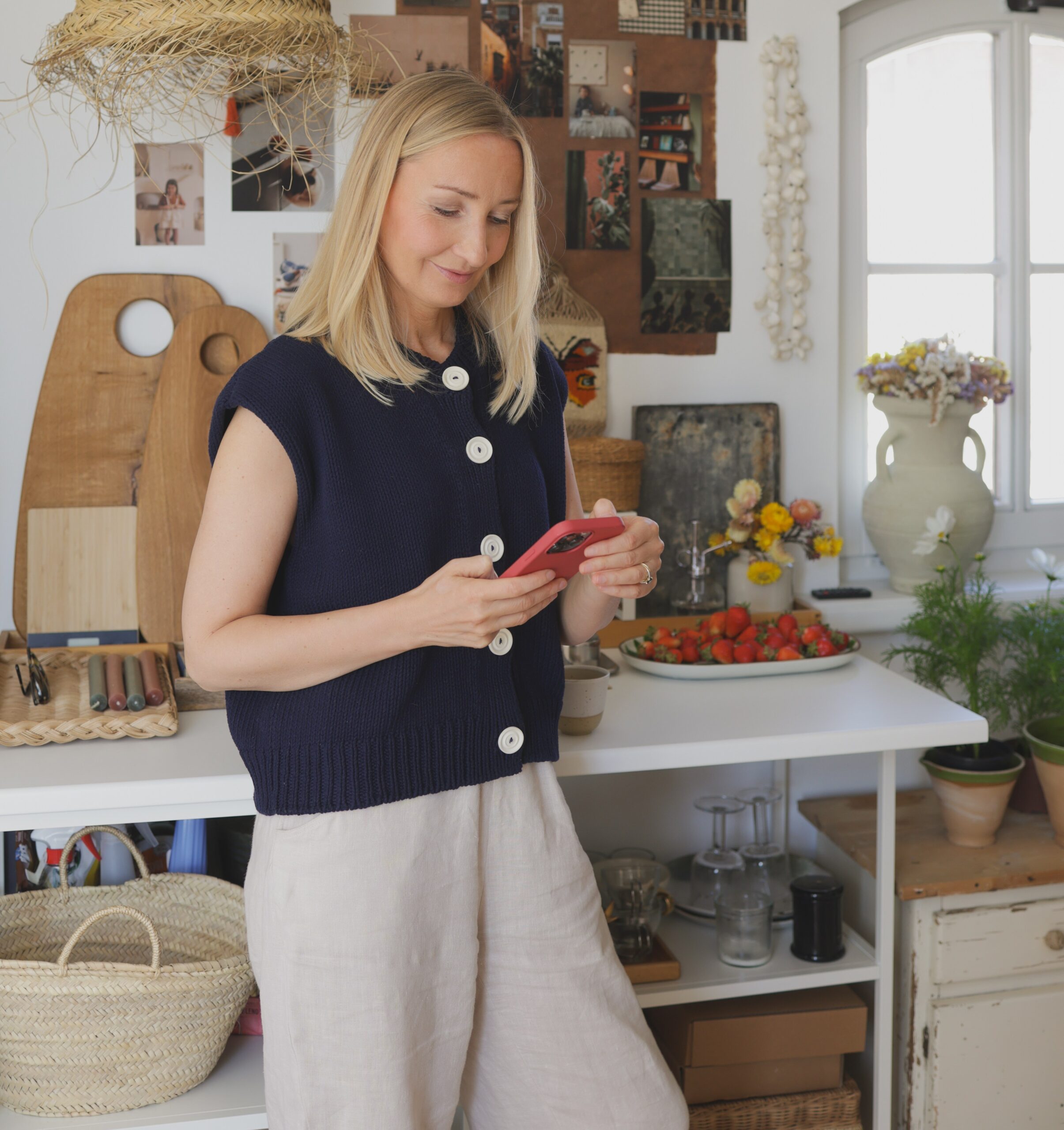
The majority of the factory’s 300 staff today are women, said Krzywosińska, with many male employees being called up to fight in the conflict. “Working at the factory together creates for them a bit of a family feel with the husbands being away.” Despite the hardship they face, the standard of the work has never been better, she says. “They really go the extra mile to keep you as a customer.” Krzywosińska employs seven staff in Brighton and expects that Organic Zoo will have sales of more than £2.5 million this year.
The outbreak of the war more than two years ago prevented what would have been Krzywosińska’s first trip to visit the factory, and it has not been safe to reschedule the trip since. However, the factory’s bosses have made several trips to the UK and have also met Krzywosińska in Denmark, where the factory’s owners are based. This face-to-face interaction is vital when collaborating on product development, she says.
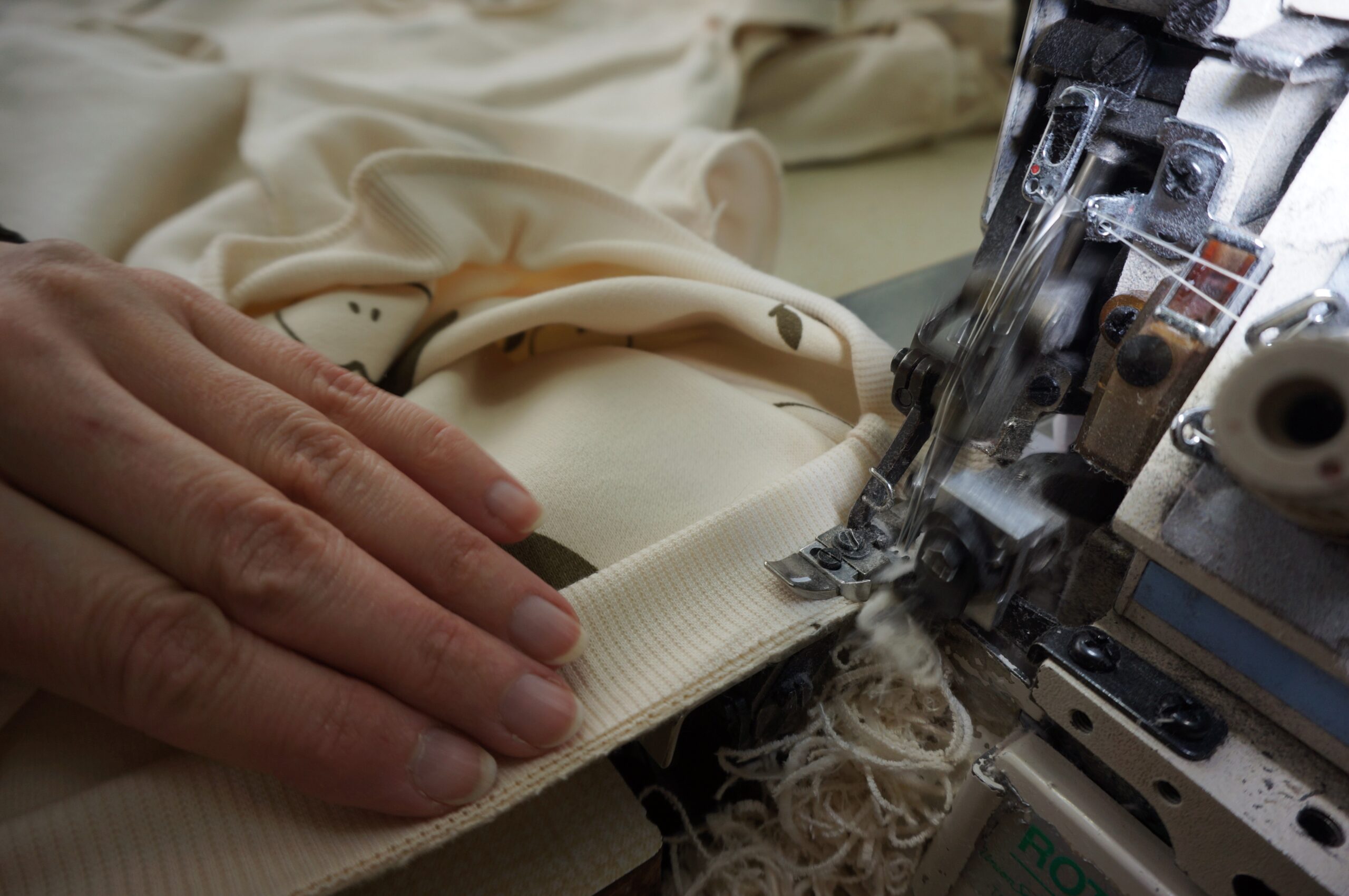
“It’s a true partnership. We don’t go to a trade show and go, ‘We like this [product]’ and order 1,000 of them. Everything is designed and is bespoke. At least twice a year we have proper meetings face to face so we can discuss the strategy, the innovation, the new collections. And we need to see the fabrics that are available — these things are very difficult to do on Zoom.”
However, the only lasting impact on logistics so far has been slightly longer lead times due to delays at the border, which Krzywosińska says is due to staff shortages after officers were conscripted. “Truck transportation is working well. It takes a bit longer because the borders are slower, but it’s still a shorter time than bringing things by sea from places like the Far East. It just means we need to be more organised in certain departments.”
In practical terms, this means sending next season’s samples at the same time as the current season’s production run to minimise the amount of packages in transit at any one time.
Krzywosińska says she is proud that the relationship has thrived, despite the conflict, and urged other British businesses to consider working with manufacturing partners in Ukraine. “Supporting the factory is supporting the [Ukrainian] people,” she said.
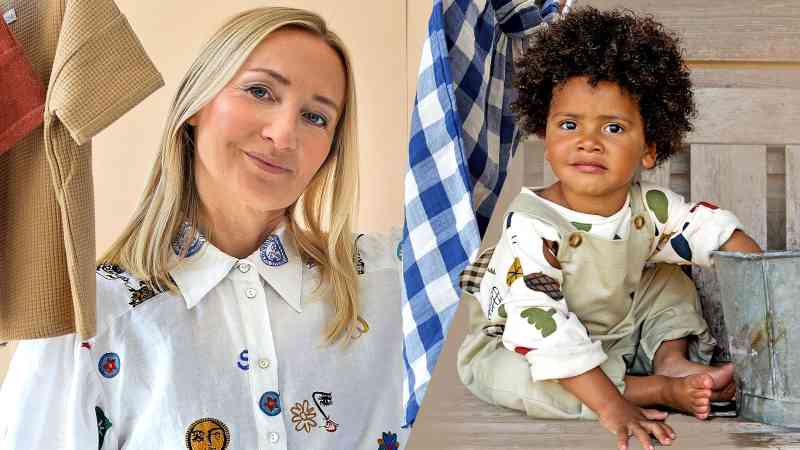
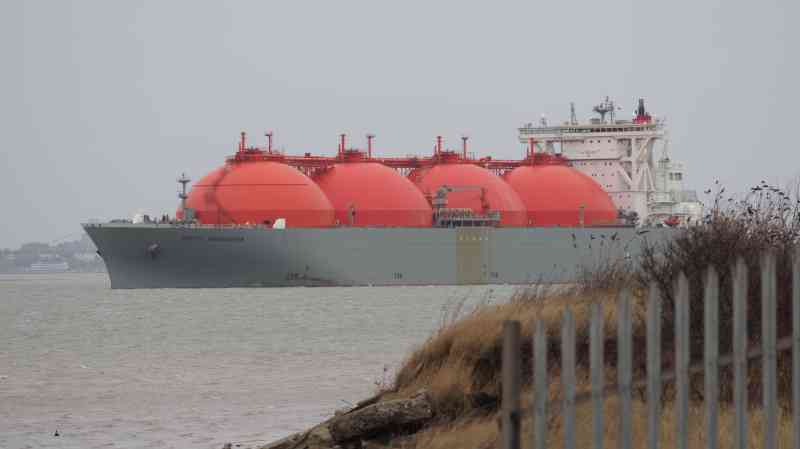
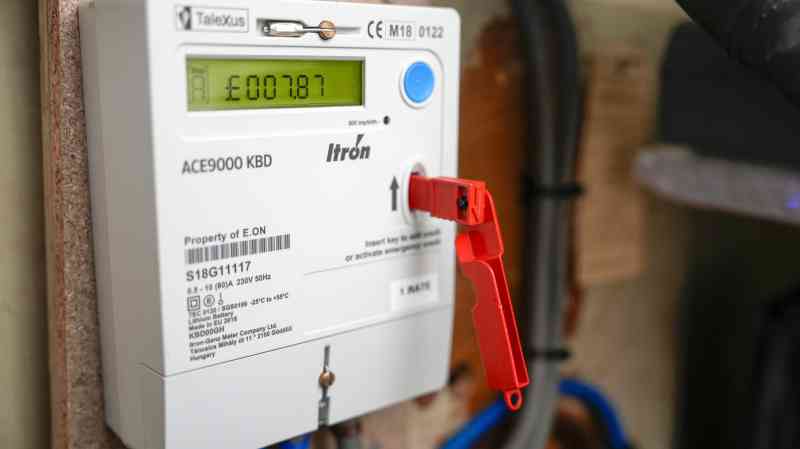

Post Comment